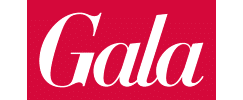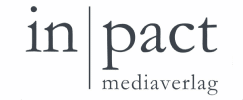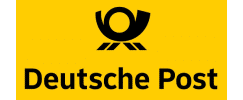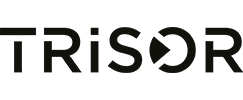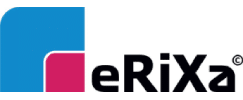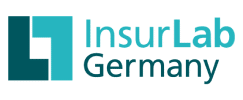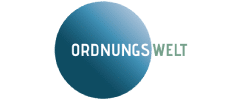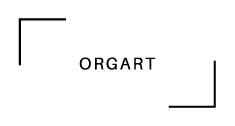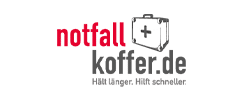The order routine for a relaxed tax return
- Do you immediately think of unsorted documents?
- are you afraid to deal with your paperwork?
- do you simply not know what you can deduct from your taxes?
Why should you do a tax return?
Prepare your tax return with these 4 tips:
-
Tip: Create a tax folder

-
Tip: Create categories

-
Tip: Introduce year-round order routines
Invoices, cash receipts and supporting documents arrive at your house in a variety of ways throughout the year. Putting them in order during the current year for the upcoming tax return can save you a lot of time and searching. Here are our tips:
The slip box in the hallway
You don’t have to file all your documents straight away, but you can first relax and collect them in a clipboard. It makes sense to have a place near the front door so that your incoming mail has a place to go and is not scattered around. This way you won’t be tempted to file your incoming mail somewhere else.
You can be creative here: If you don’t have a storage basket in the hallway, you can also attach a brochure rack to the wall and use it as a paper parking space.
Collect cash receipts properly
Reference books, office supplies, work clothes – if you don’t order everything online, you will need to sort your receipts regularly. For example, get into the habit of clearing your wallet, pockets and trouser pockets of receipts every time you get home.
Since the thermal paper of the receipts can fade after a while, you should make backup copies of the receipts by digitally filing scans or photos of them.
Sort out the paper tray regularly
Often we want to avoid doing things that seem unpleasant. But if we divide unpleasant tasks into sections, it is much easier to get them done because the end is foreseeable.
Set aside some time each week to work on your note box in the hallway. This way, you will stay in practice, have a better idea of time and your paperwork will always be up to date. Once you start processing your paperwork, simply take all the documents out of the hallway box and see which ones need to be processed and which ones just need to be filed. Remember the categories of your tax folder (tips 1 and 2).
Organise the email inbox aka. digital receipts
At the same time, you can also take a look at your email inbox. Look here to see what emails have arrived this week. If you have received messages with invoices that are relevant to your tax return, save them directly in the folder structure you have created.

-
Tip: Backup data in the cloud
We hope these tips have given you clarity and certainty on the subject of taxes and finances. If you need more tips in the area of digitalisation, order or sustainability, please contact us:

Julia Schumann
Digitisation and
Order expert
Main focus: Digitisation of documents, image sorting, household organisation
Catchment area: Bad Essen,
Osnabrück,
Münster, Minden
Homepage: Home | ordnungzumstrahlen
Instagram: ordnungzumstrahlen

Sandra Werner
Order coach and
Tax specialist
Focus: Taxes, sustainability, budget organisation
Catchment area: Frankfurt, Wiesbaden, Mainz, Darmstadt, Bad Homburg, Aschaffenburg, Simmern (Hunsrück)
Instagram: happyhome_ffm


